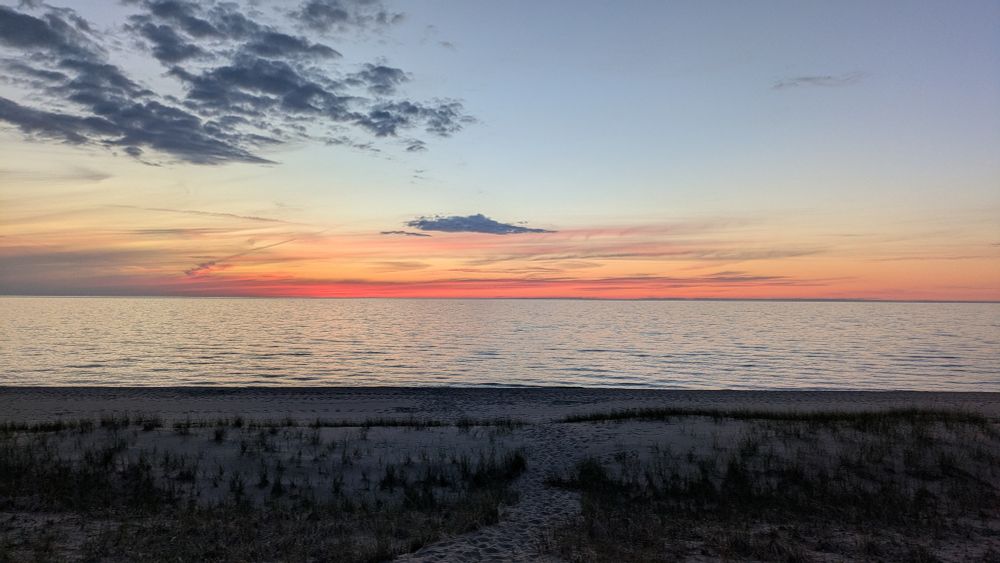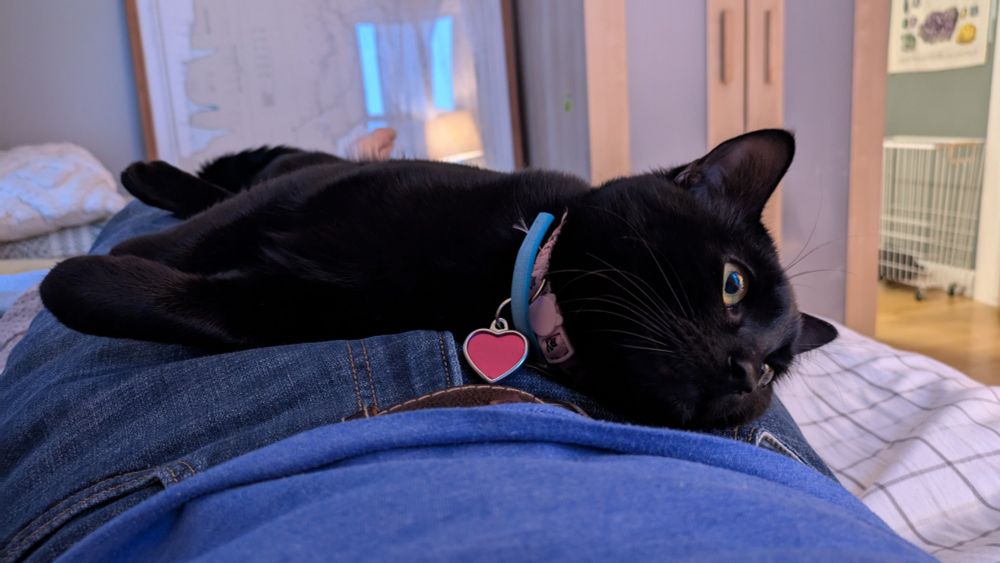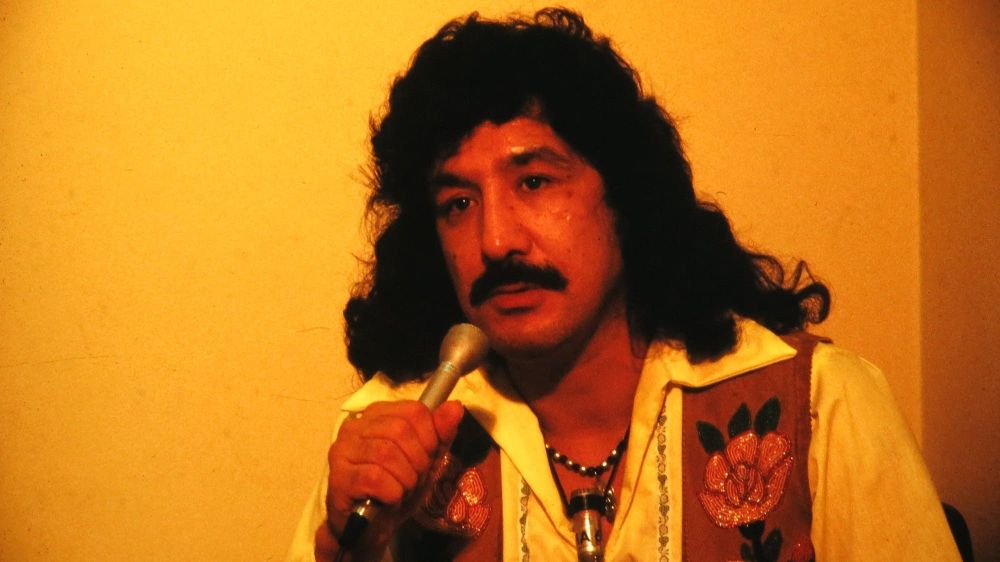
Detroit transfers ownership of sacred burial mound to Nottawaseppi Huron Band of Potawatomi
Detroit ― Tucked within Historic Fort Wayne stands a grass-covered mound of dirt, enclosed by a chain-link fence, that resembles a small hill.
But the six-foot mound is much more than a small hill to the Nottawaseppi Huron Band of Potawatomi, a tribe whose early members lived on the Detroit River. It is a sacred place.
The mound — which dates somewhere between 750 and 1200 A.D. — is the resting place of some of their ancestors and is also likely home to funerary objects.
"When they pass on, we believe that they still have a journey after they're no longer here Earth-side," said Onyleen Zapata, the Nottawaseppi Huron Band of Potawatomi's tribal historic preservation officer.
And now, the Fort Wayne Burial Mound is back in the hands of the Potawatomi after years of discussions. The Detroit City Council agreed earlier this month to transfer ownership of the mound to the tribe. One Tribal Council member said the transfer is a "necessary step toward correcting an historical injustice."
"Our ancestors are ultimately the reason why we are here today, that we're still a tribal nation and we're still governing our own people through our sovereign rights," said Dorie Rios, the chairperson of the Tribal Council, when she addressed the council during an April 15 meeting.
The burial mound property is a half-acre on Historic Fort Wayne, a 19th century fort built to protect the Detroit River.
Along with transferring the deed to the Potawatomi, the city also granted the tribe easement access, which means they can access the property whenever they'd like, including when Fort Wayne is closed.
The mound is part of the Springwells Mound Group, a group of five to seven mounds that were once located near each other. Zapata said the Historic Fort Wayne Mound is the only mound still standing today, and it's smaller than it once was.
She said the Nottawaseppi Huron Band of Potawatomi — which is based in Calhoun County, but are descendants of the Detroit Potawatomi — repatriated ancestors and funerary objects from the Springwells Mound Group in 2014.
Rios said the Nottawaseppi Huron Band of Potawatomi will assume the long-term responsibility of "rightfully protecting and preserving" the mound and hold sacred ceremonies there. She said they will ensure their ancestors continue to be treated with "the respect and dignity that they deserve."
Years of discussions
The transfer of ownership of the Fort Wayne Burial Mound to the Potawatomi comes after years of talks and discussion, according to Megan Woods, a spokesperson for the city of Detroit's General Services Department.
Crystal Perkins, the department's director, said the city "did the right thing."
"It was a lot of effort and commitment on behalf of the staff here in the city, also working with the tribal community, and a lot of perseverance. … I can speak for the whole team. As a whole, we all feel good for doing the right thing. And but when you think about it, we did what should have been done," Perkins said.
She said the city transferred the ownership of sacred burial ground "back to the rightful owners."
Rios said the Detroit Potawatomi was the last tribe to be forcibly removed from the Detroit area. The ancestors of the Nottawaseppi Huron Band of Potawatomi moved to the Huron River in the 18th century, according to the tribe's website. Rios said the tribe believes that a majority of the ancestors buried in the Historic Fort Wayne Burial Mound are ancestors of the NHBP.
An 'emotional day'
Before the council's vote, many tribal members who attended the April 15 meeting expressed their gratitude. Homer Mandoka, the tribal council's sergeant-at-arms, called it "a profound act of love, respect, bravery, honesty, truth, humility and wisdom."
"It was a very proud day for our tribal nation to really be there in present day, with the waters just across the street," said Rios, who called April 15 an "emotional day."
Detroit City Council meets in the Coleman A. Young Municipal Center, which is near the Detroit River. Rios said that culturally and historically, their people reside along waterways.
"Water is medicine," she said. "We know that they were there. We felt them there that day. And it was just a deep sense of culture and pride to be there, be part of that historical moment."
asnabes@detroitnews.com
This article originally appeared on The Detroit News: Detroit transfers ownership of sacred burial mound to Nottawaseppi Huron Band of Potawatomi
Detroit transfers ownership of sacred burial mound to Nottawaseppi Huron Band of Potawatomi #Detroit #Potawatomi #IndigenousRights





















 11.02.2025 23:10 — 👍 0 🔁 0 💬 0 📌 0
11.02.2025 23:10 — 👍 0 🔁 0 💬 0 📌 0




